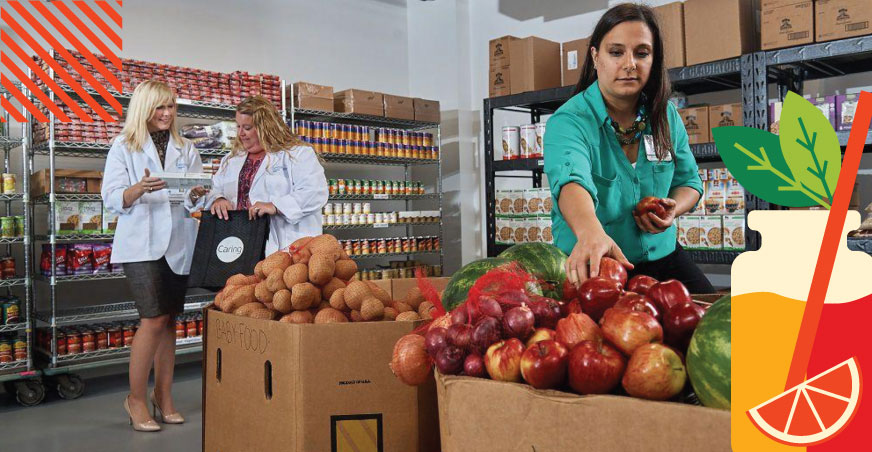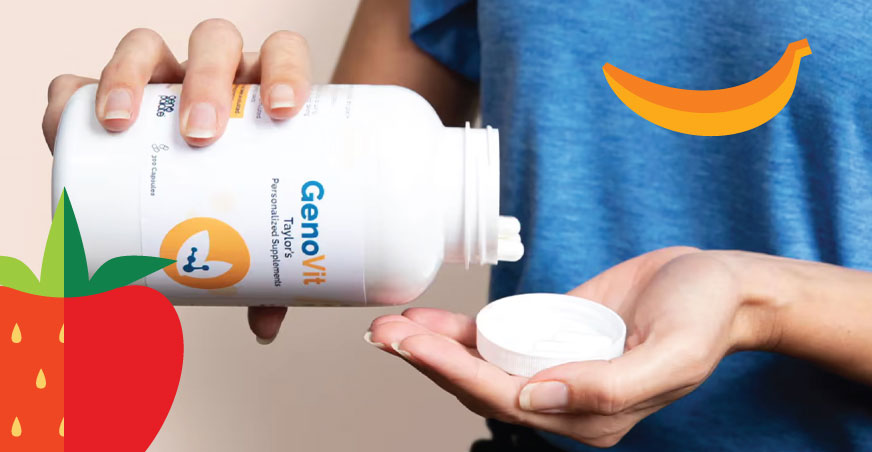
How the Food is Medicine Approach Can Transform Healthcare
Estimated Read Time: 2 Minutes
In the United States, healthcare spending is staggering, reaching $4.3 trillion in 2021, with projections to surpass $7 trillion by the decade’s end. Yet, only 12% of Americans are considered metabolically healthy. Chronic diseases, such as heart disease, diabetes, and cancer, affect nearly sixty percent of adults and are the leading causes of death and disability. These conditions are incredibly costly, with cardiovascular disease, diabetes, and obesity alone costing the economy over $2 trillion annually.

Diet plays a significant role in the prevalence of chronic diseases. Poor diet is the leading cause of mortality in the U.S., contributing to more than half a million deaths each year. Ten dietary factors alone are estimated to cause nearly 1,000 deaths daily from heart disease, stroke, and diabetes. Consequently, there is a growing recognition that improving diet through targeted interventions could significantly impact public health.

The concept of “Food Is Medicine” (FIM) has gained traction, emphasizing the use of healthy food to prevent, manage, or treat clinical conditions. Programs such as medically tailored meals and produce prescription programs have shown promise in improving health outcomes and reducing healthcare costs, and healthcare providers are increasingly recognizing the power of diet to improve patient outcomes. Some health systems, like Geisinger with its Fresh Food Farmacy, are creating internal programs to provide healthy food and nutritional support. Partnerships with companies like Instacart Health are also helping to deliver nutritious food to those in need. These efforts demonstrate the potential for healthcare providers to integrate nutrition into their care models effectively.

Retailers also play a crucial role in promoting healthy eating. Grocery chains such as Hy-Vee and H-E-B have launched programs that offer nutritional counseling, health screenings, and personalized diet plans. Additionally, specialized mobile applications and online services, such as Nourish and GenoPalate, are using sophisticated technology to provide personalized nutrition plans and support. These initiatives show that through collaboration between healthcare providers, retailers, and technology companies, significant strides can be made in addressing chronic health issues through better diet.
To learn more about the Food Is Medicine approach and our expertise to help you integrate it into your healthcare strategy, download our full POV below!
Watch Dan Talk About the Food Is Medicine Movement
Learn more about how WD can help innovate and scale your practice and then talk with our Health and Wellness practice leader, Dan Stanek, to get started.

 Kate Fisher
Kate Fisher Dan Stanek
Dan Stanek


